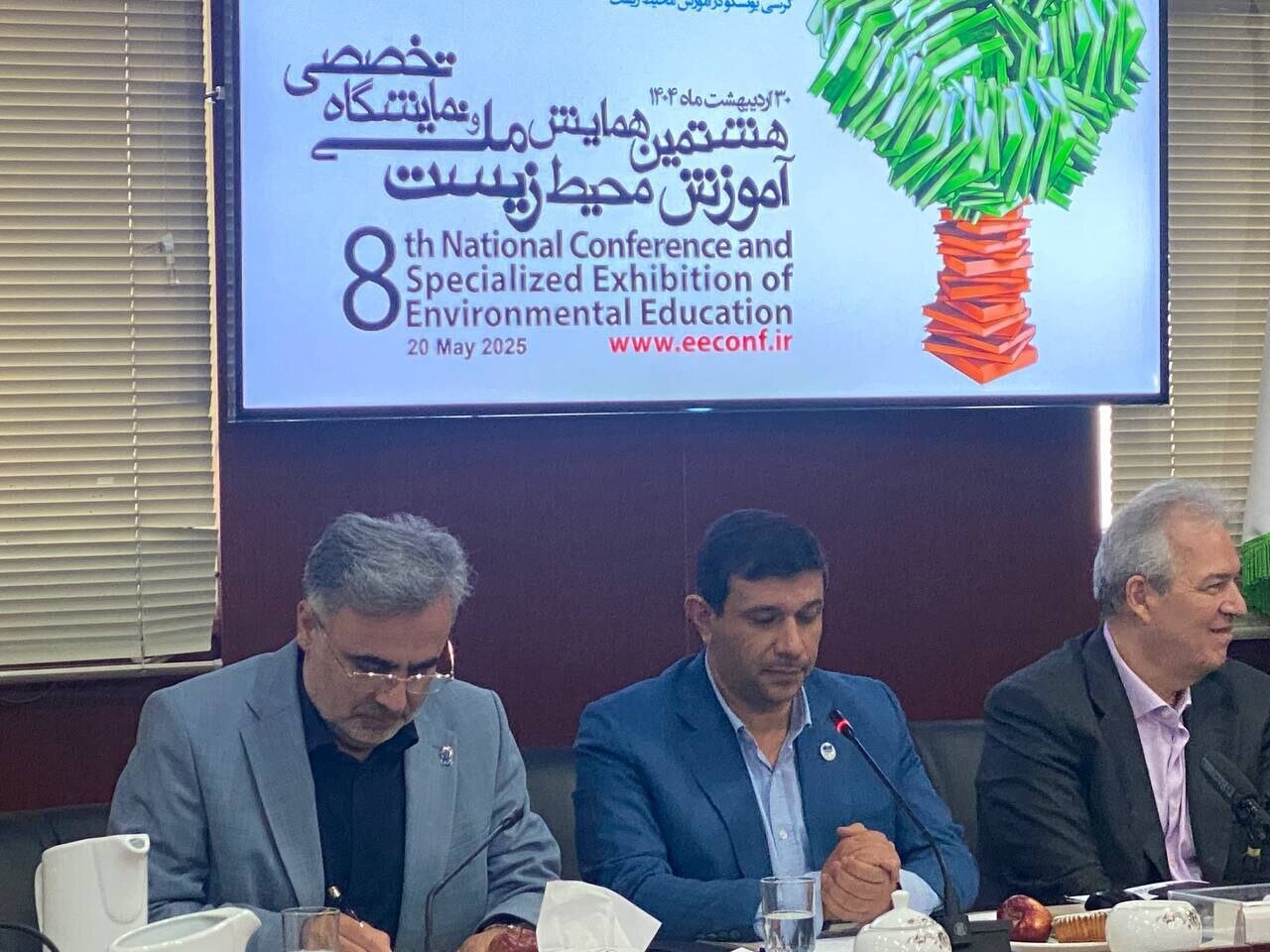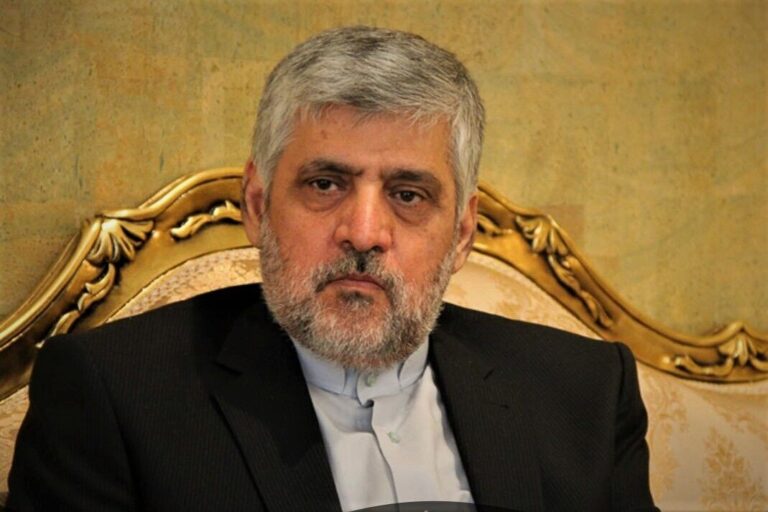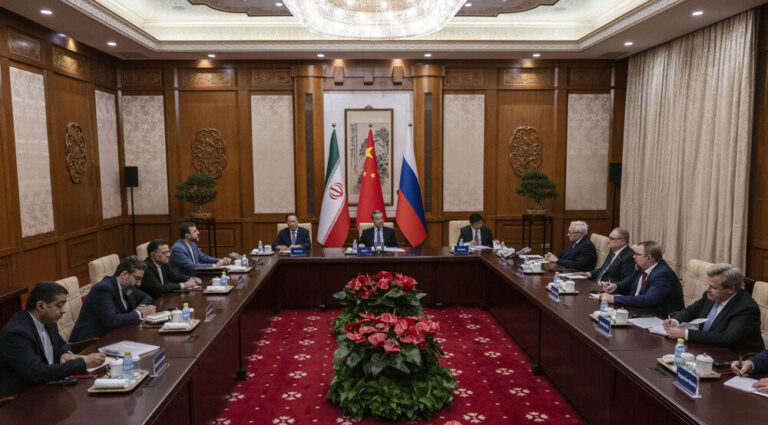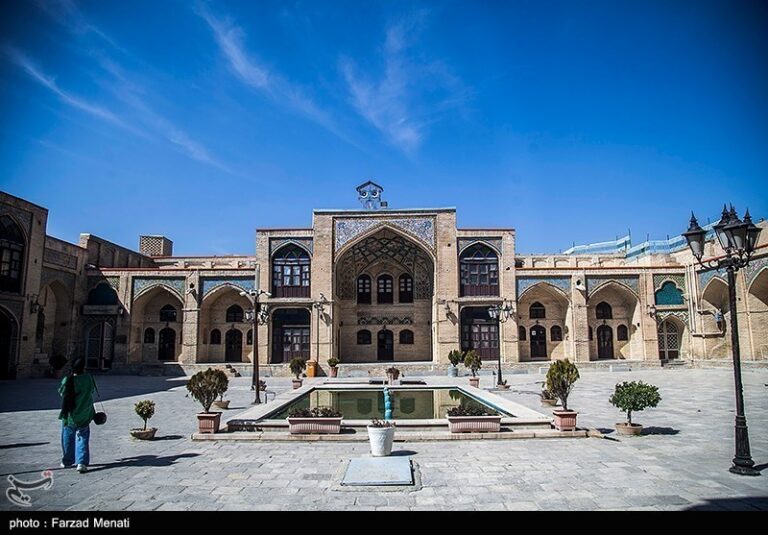UNESCO Launches Innovative Environmental Education Programs in Iran
Environmental education plays a pivotal role in shaping sustainable solutions and fostering international cooperation to tackle environmental challenges. In Iran, this crucial initiative is prominently featured in the programs of the United Nations Educational, Scientific, and Cultural Organization (UNESCO). The goal is to enhance public awareness and equip individuals with the necessary tools to address pressing environmental issues.
Hassan Fartosi, the Secretary General of the UNESCO National Commission in Iran, emphasized the importance of environmental education during his speech at the 8th National Conference and Specialized Exhibition of Environmental Education, held on Tuesday. He stated, “According to this definition, environmental education includes achieving environmental awareness, understanding challenges, and taking actions.”
UNESCO advocates for the development and implementation of effective environmental education programs globally. The organization aims to preserve the environment through various international programs focused on:
- International Hydrology Program
- International Geoscience and Geoparks Program
- Intergovernmental Oceanography Program
- International Basic Sciences Program
One of the most significant initiatives launched by UNESCO is the Greening Education Partnership, which supports countries in combating climate change. This initiative emphasizes the reduction of global change impacts and the sustainable use of water resources. UNESCO calls upon its member states to collaborate effectively in addressing these challenges.
The 8th Conference served as an essential platform for sharing innovative ideas, expertise, and achievements aimed at promoting sustainable development. Participants engaged in discussions about:
- Conducting scientific research
- Utilizing modern technologies
- Developing innovative solutions to environmental issues
Addressing Natural Hazards and Climate Resilience
In April, an international project aimed at managing natural disasters and enhancing resilience to climate change impacts was officially inaugurated. This initiative, supported by Japan, involved representatives from the Department of Environment (DOE), the Embassy of Japan, and UNESCO. The project’s documentation was signed by Ieng Srong, the head of the UNESCO Tehran Office, and Arman Khorsand, the head of the international affairs and conventions office of the DOE.
The main objectives of this project include:
- Developing flood hazard maps
- Establishing early warning systems
- Assessing and managing agricultural drought risk
- Empowering local communities, particularly women and youth, to prepare for disasters and crises
According to the DOE website, the project also aims to build scientific and technical infrastructure in crisis management, aspiring to become a regional model for combating climate change.
Shina Ansari, head of the DOE, pointed out the crucial role of public participation, indigenous knowledge, and modern technologies in reducing disaster risk in the face of climate change. Meanwhile, Ieng Srong, head of the UNESCO Tehran Office, praised the collaboration between the two organizations and stressed the importance of prioritizing scientific approaches and awareness in the fight against climate change.
Mohammad-Hossein Emadi, the country’s former permanent representative and ambassador to the Food and Agriculture Organization (FAO), highlighted the adverse effects of climate change on agriculture and food security in Iran. He stated, “Climate change has greatly affected the agriculture sector and food security in many countries, most significantly in Iran.” He noted that in some regions of the country, air temperatures have increased by 2 degrees, whereas the global temperature increase stands at 1.5 degrees.
Emadi further emphasized that climate change alters plant growth patterns, which disrupts the nutritional values of crops. Additionally, unexpected phenomena such as droughts, floods, and landslides have severely impacted food security across the nation.
In conclusion, the ongoing efforts in environmental education and disaster management highlight the importance of collective action and awareness in combating climate challenges. As organizations like UNESCO and the DOE work together, they pave the way for a more sustainable future, fostering resilience among communities and ensuring the protection of natural resources.






